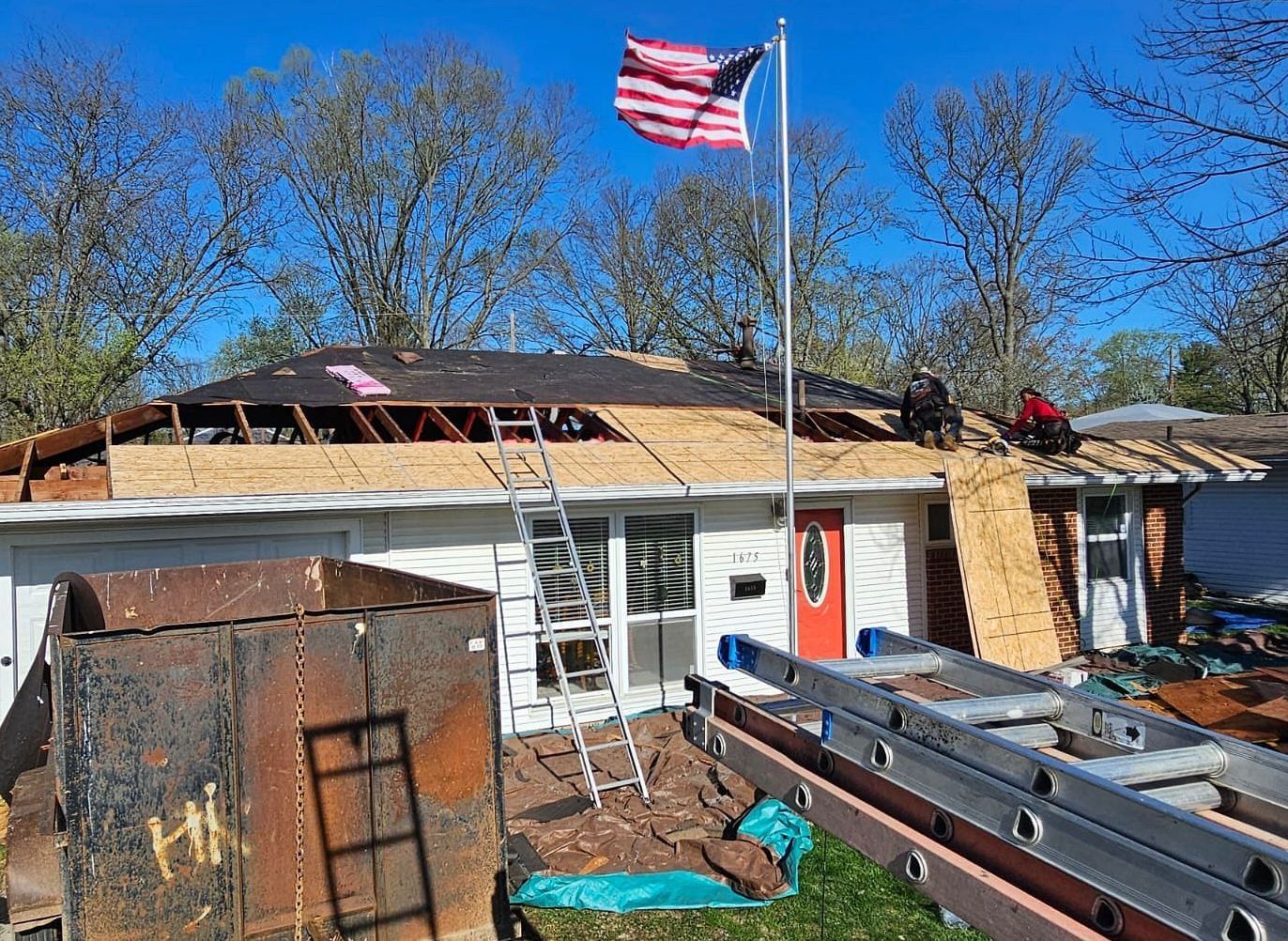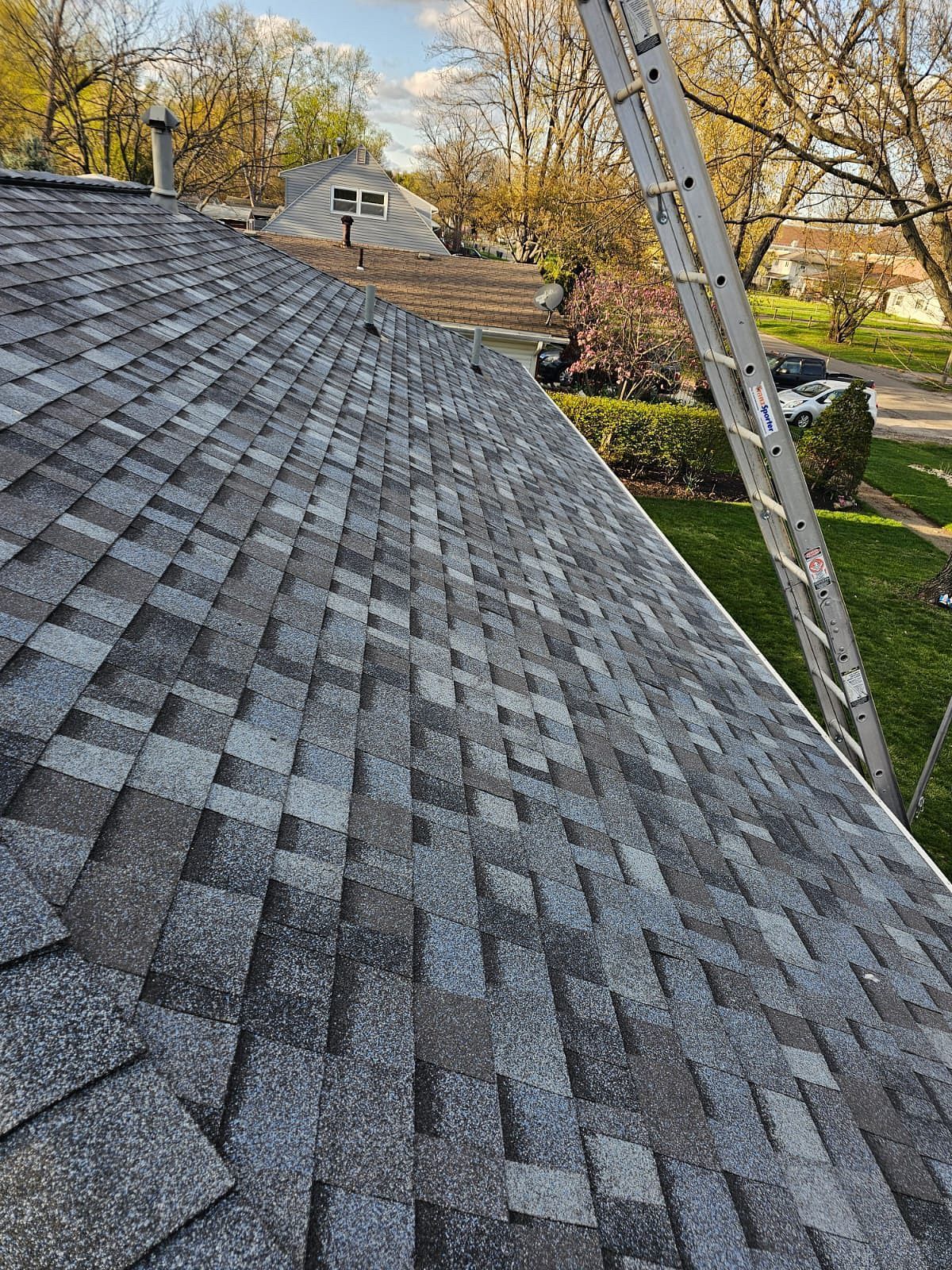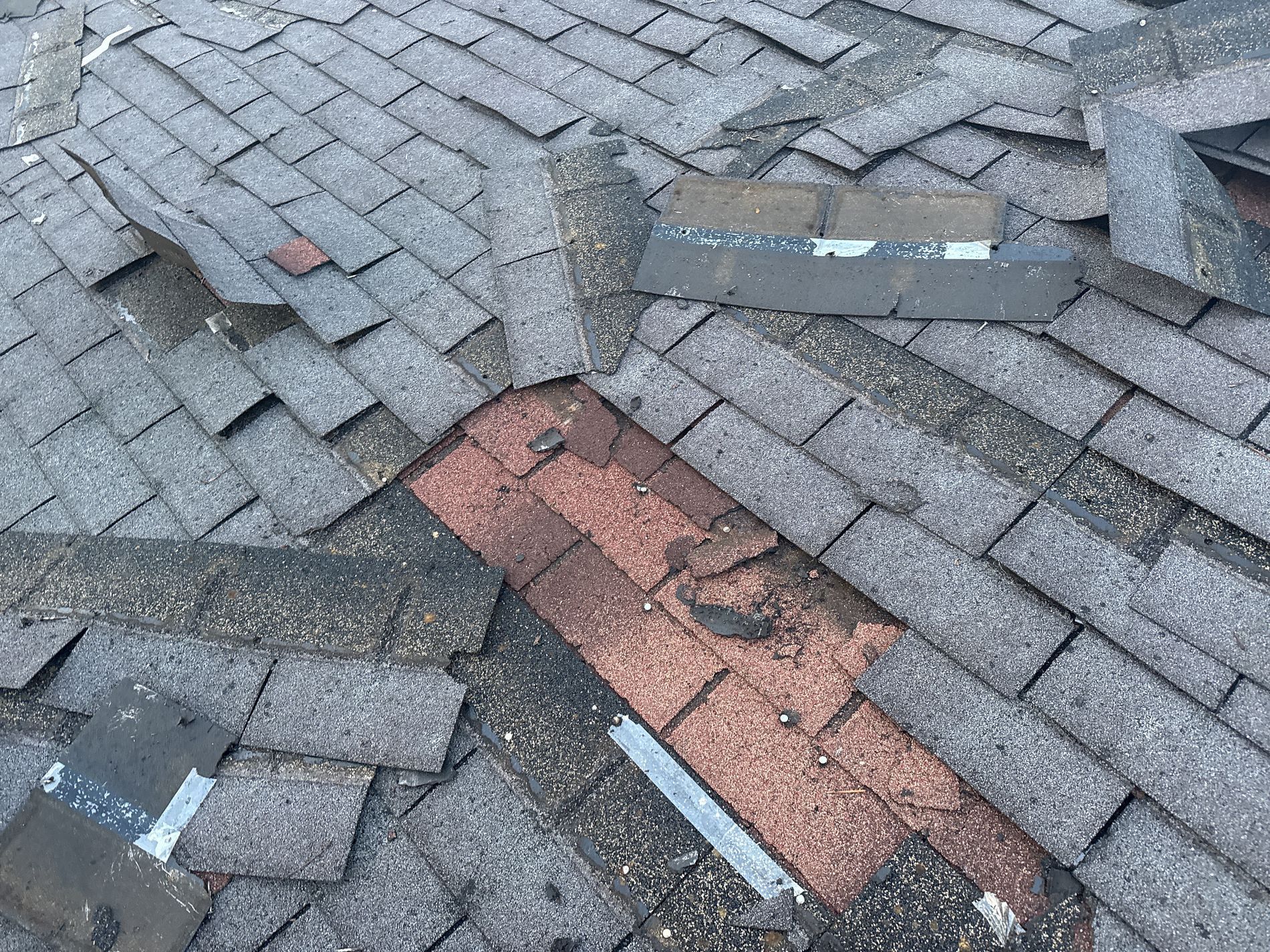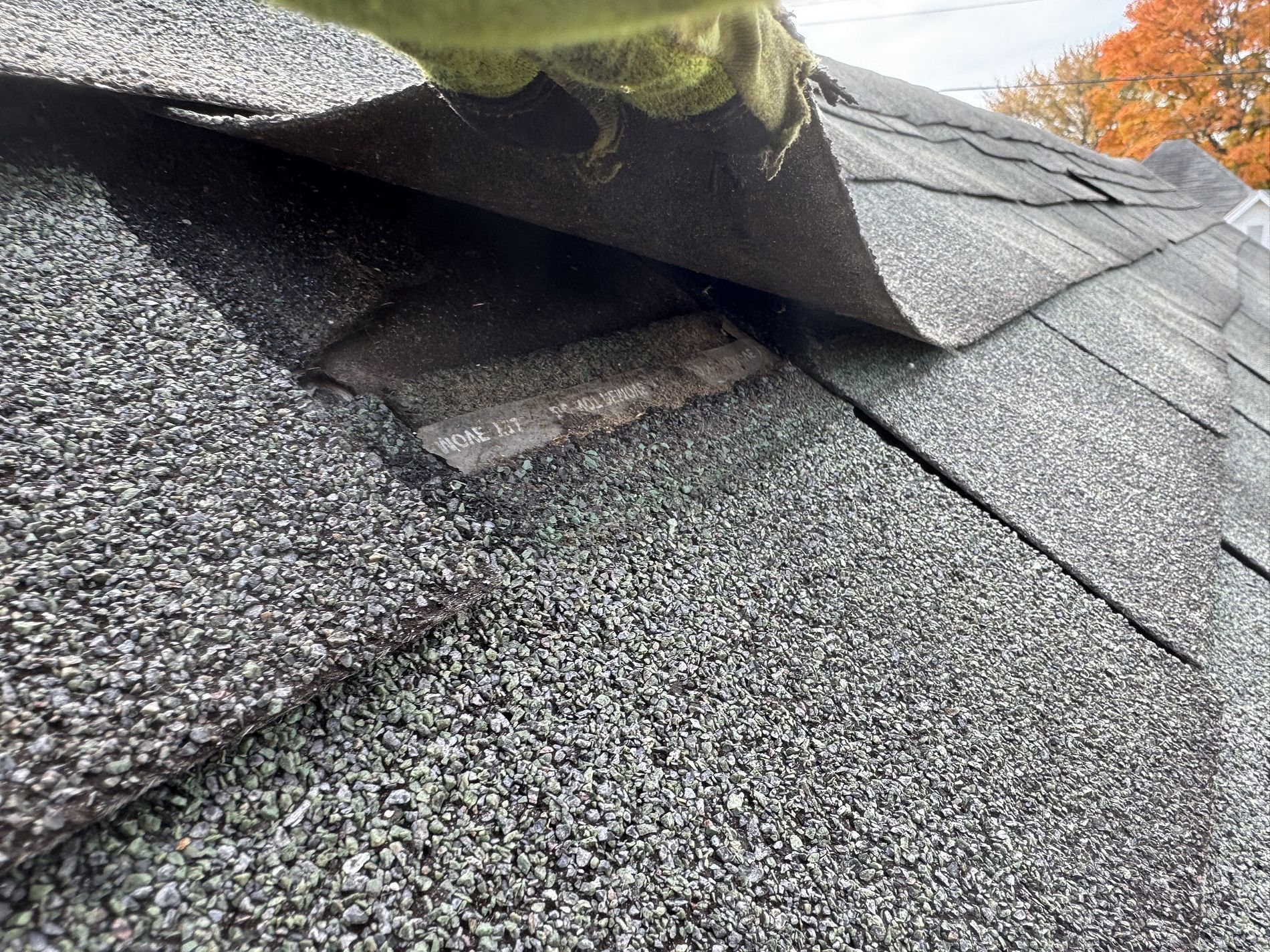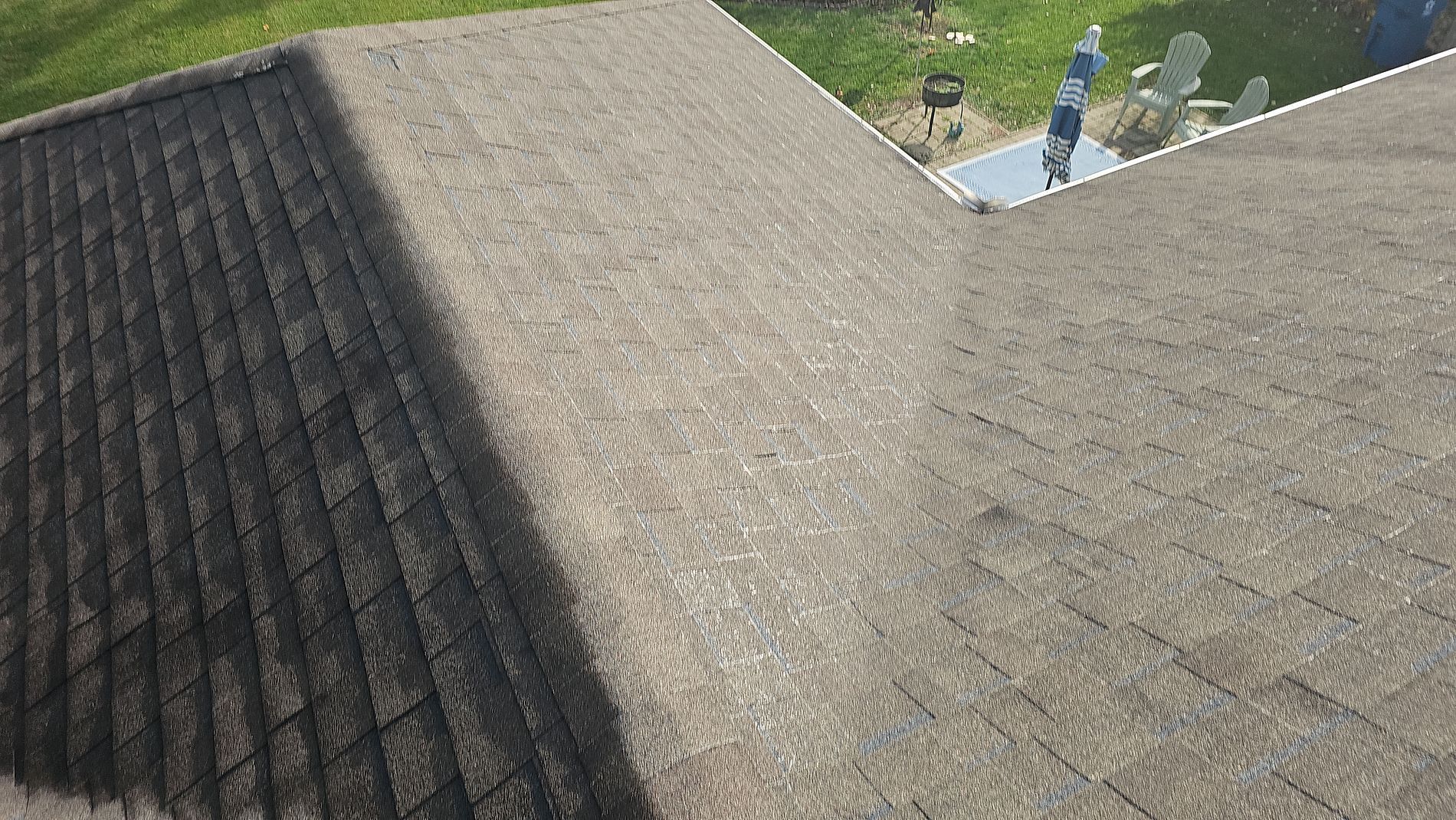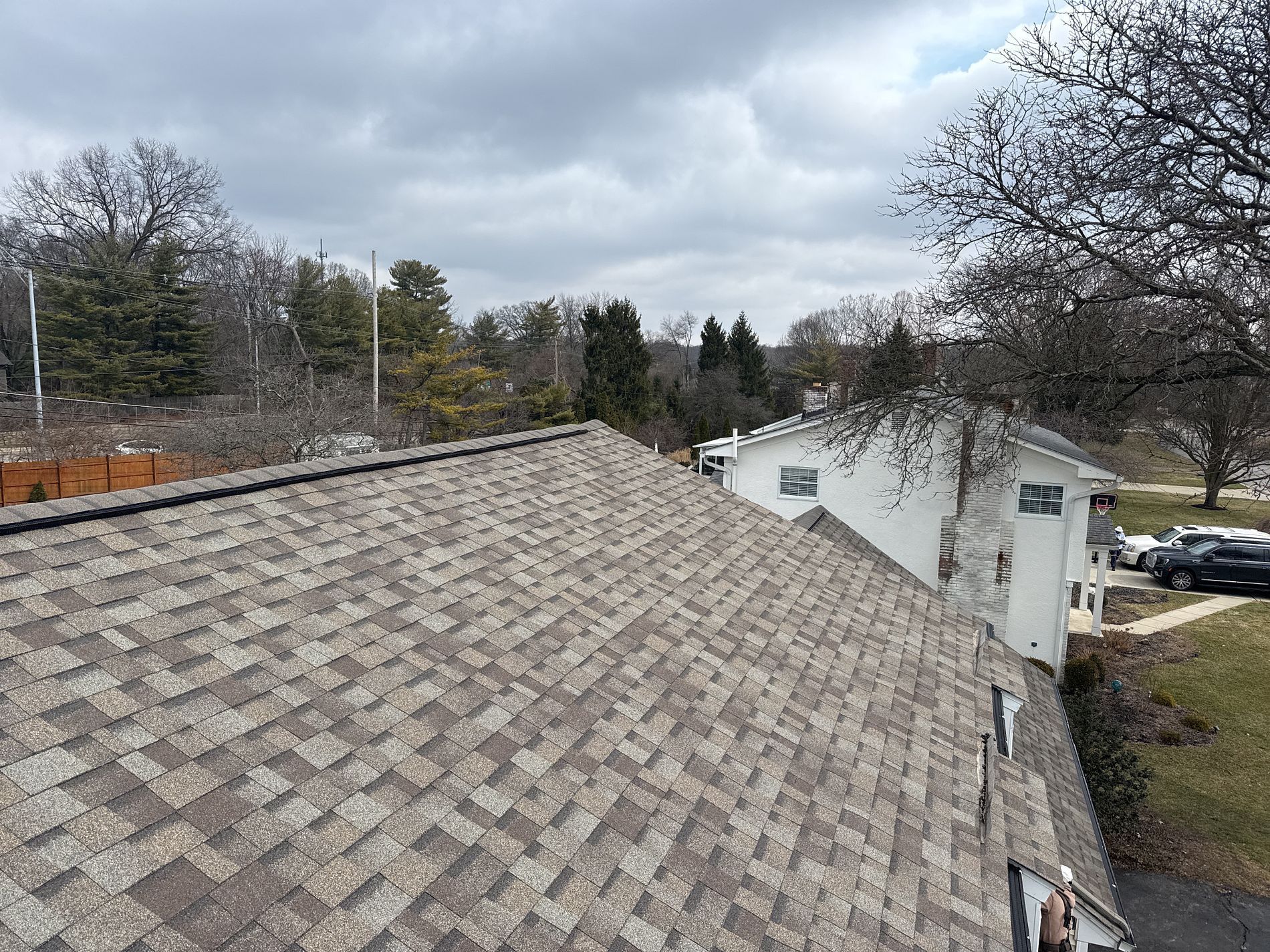Roof Warranties-4 Questions Answered! Including: Can You Transfer Roof Warranties?

Can you transfer roof warranties? While a roof warranty is the best way to protect your new roof, can you pass the same benefits to the new owner? After spending money to install a new roof, you may want to recoup some of that money when selling the house. While roof warranties help safeguard your investment, they can be complex. Picking the right roof warranty can be a mind-boggling affair that raises many questions. Read on to get the best roof warranty coverage for your home.
What are Roof Warranties?
A roof warranty is a written promise to replace a faulty roof. Roof manufacturers and roofing companies offer roof warranties when they install a new roof on your home. You will likely get two guarantees—one from the roof manufacturing company and one from the roofing company.
Typically, there are three types of roof warranties:
- A standard manufacturer’s warranty guarantees the quality of the roofing products.
- A workmanship warranty from your roofing contractor guarantees the quality of installation.
- An extended manufacturer warranty to provide broader product coverage and contractor workmanship.
Manufacturer’s Warranties Vs. Contractor’s Warranties
Here’s a detailed look at manufacturer’s and contractor’s warranties to help you make the best choice.
Standard Manufacturer Warranties
A basic limited lifetime warranty is standard with every new roof installation. The degree of protection offered by a basic limited lifetime warranty varies.
Most manufacturer warranties only cover the cost of replacing the defective materials. The homeowner shoulders the cost of labor, installation, and disposal of the failed shingles. Standard warranties don’t cover premature shingles failure due to poor installation.
Extended Manufacturer Warranties
Extended manufacturer warranties are the gold standard in roofing warranties. They provide additional protection to give you peace of mind and ensure you get the best value for money. It’s an extension of the manufacturer’s standard warranty. It offers added benefits, such as covering your entire roofing system.
This optional coverage carries a higher price tag and additional requirements. You may need to buy a complete roofing system and hire a manufacturer-authorized and certified contractor to install the roof.
Contractor Workmanship Warranties
Reputable roofing companies also provide a workmanship warranty with each installation job. The length of a contractor’s warranty varies. It can range from 10 years to lifetime coverage. The best contractor warranties cover material failure due to poor workmanship.
A contractor warranty covers the cost of roofing materials, labor, and any resultant damage. However, it doesn’t cover any damage not related to the contractor’s workmanship.
What Do Roof Warranties Cover?
Homeowners need two roof warranties for utmost peace of mind and protection. A manufacturer’s roof warranty covers your roof against defective roofing products. The manufacturer covers the cost of replacing the roof due to faulty products during the warranty period. You’re on the hook for the labor costs, disposal fees, and the cost of other roofing components. An extended manufacturer’s warranty may cover all the costs of replacing a defective roof. A workmanship warranty covers your roof against poor installation problems. Improper installation may compromise your roof and cause it to fail prematurely.
How Long Do Roof Warranties Last?
Most manufacturers offer lifetime coverage when you buy a new roof. However, lifetime remains a sticky term in the roofing industry. It takes on different meanings between roofing manufacturers.
It could mean the lifespan of the roofing materials or the length of time the original homeowner lives in the house. Lifetime could also mean the warranty is valid as long as the original installer owns the home. In some cases, lifetime could refer to the shingle’s lifespan, no matter who owns the house.
What Voids Roof Warranties?
Roof warranties are legally binding agreements. So, you must meet all the required conditions for a manufacturer or contractor to honor the roofing warranty. Going against the terms of contracts may void the warranty and saddle you with colossal roof replacement bills.
Some of the ways to void your roof warranty include:
- Improper installation
- Poor roof ventilation
- Pressure washing
- Hot roofing
- Shingle layering
- Hiring an unauthorized roofing contractor
- Mix roofing products from different brands
Can You Transfer Roof Warranties
Establishing if your new roof has a transferrable warranty is essential. With a transferable roof warranty, the coverage transfers to the new owner once you sell the house. Leading roof manufacturers offer lengthy roof warranties—between 20 and 50 years. That begs the question, can you transfer roof warranties? Some manufacturers allow homeowners to transfer roof warranties. Most manufacturers allow you to transfer the roof warranty at least once. But only if you sell your home while it’s within warranty.
The new owner may enjoy full warranty coverage after the sale. However, the warranty will not transfer to the next buyer if the new homeowner sells it within the warranty period. Some manufacturers offer roof warranties that are transferable many times. You must establish the conditions surrounding a roof warranty transfer. You may need to notify the manufacturer or pay an administration fee. Be sure to understand any caveats and exceptions when transferring a roof warranty.
Get the Best Roof Warranty
Hiring a professional roofing company is vital to getting the best-in-class roof warranty. Allstate Exteriors & Restoration is an Owens Corning Platinum Preferred Roofing Contractor in Central Ohio and Cape Coral, FL. Our full-service roof replacement service ensures you get the best roofing warranty on the market. Contact us today, and our skilled roofers will help you pick the best warranty coverage for your home.
References:
https://www.angi.com/articles/how-much-does-roof-replacement-cost.htm
https://www.owenscorning.com/en-us/roofing/tools/roofing-warranties-explained
The post Roof Warranties-4 Questions Answered! Including: Can You Transfer Roof Warranties? appeared first on .
